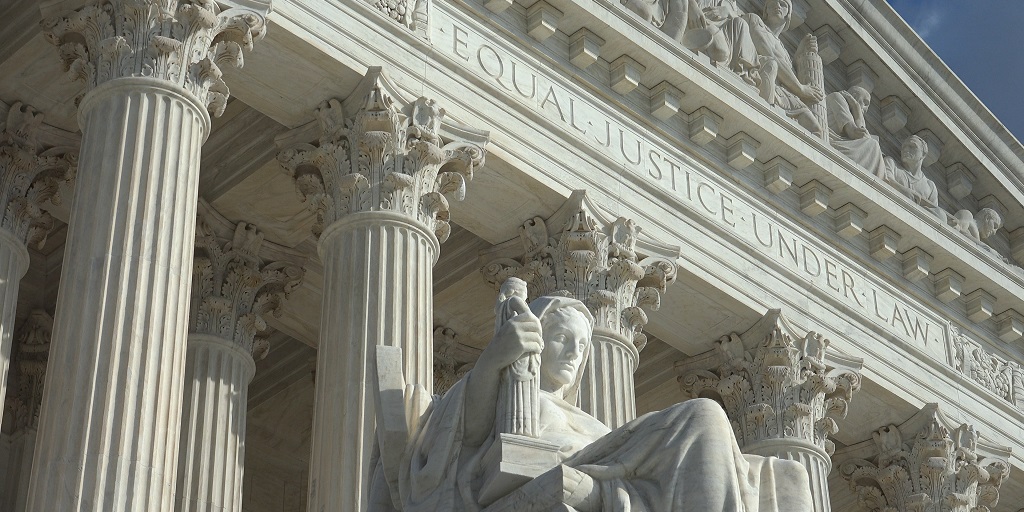Quick Bytes
- Supreme Court rules on consular nonreviewability in Department of State v. Munoz.
- U.S. citizens do not have a protected liberty interest in their noncitizen spouses’ visa applications.
- The Munoz case highlights the challenges U.S. citizens face when married to noncitizens.
- Future legal challenges to visa denials may still be possible under different legal standards.
Understanding the Supreme Court’s Munoz Decision
The Supreme Court’s recent decision in Department of State v. Munoz has significant implications for U.S. citizens married to noncitizens. The ruling emphasizes procedural aspects over the personal impact of consular errors on family residency in the U.S.
The doctrine of consular nonreviewability, which limits judicial scrutiny of visa denials, has been reaffirmed. The Court’s decision in Munoz concludes that U.S. citizens do not have a constitutional right to live with their noncitizen spouses in the United States. This was a departure from the 2015 Supreme Court case Kerry v. Din, which left open the possibility of such a right.
The case originated when Ms. Munoz, a U.S. citizen, and her Salvadoran husband faced a visa denial, which they challenged in court. Despite having no criminal record and evidence to counter the consular officer’s suspicions, the visa application was denied due to alleged gang affiliations based on Mr. Asencio-Cordero’s tattoos.
The Ninth Circuit Court previously ruled in favor of the couple, citing due process concerns with the delayed government disclosure. However, the Supreme Court’s June 2024 decision overturned this, reinforcing the principle that consular decisions are generally not subject to judicial review.
Justice Gorsuch and the dissenting justices highlighted that the Court could have avoided the constitutional question altogether. The dissent also criticized the majority for not considering the impact on the constitutional right to marry.
Despite the setback in Munoz, the door remains open for future challenges to visa denials. Legal avenues such as the Administrative Procedure Act or demonstrating bad faith in the consular officer’s decision may offer hope for those seeking to challenge similar denials.
As the legal landscape evolves, further research and court decisions will clarify the potential for successful legal challenges in the context of immigration and marital rights.



